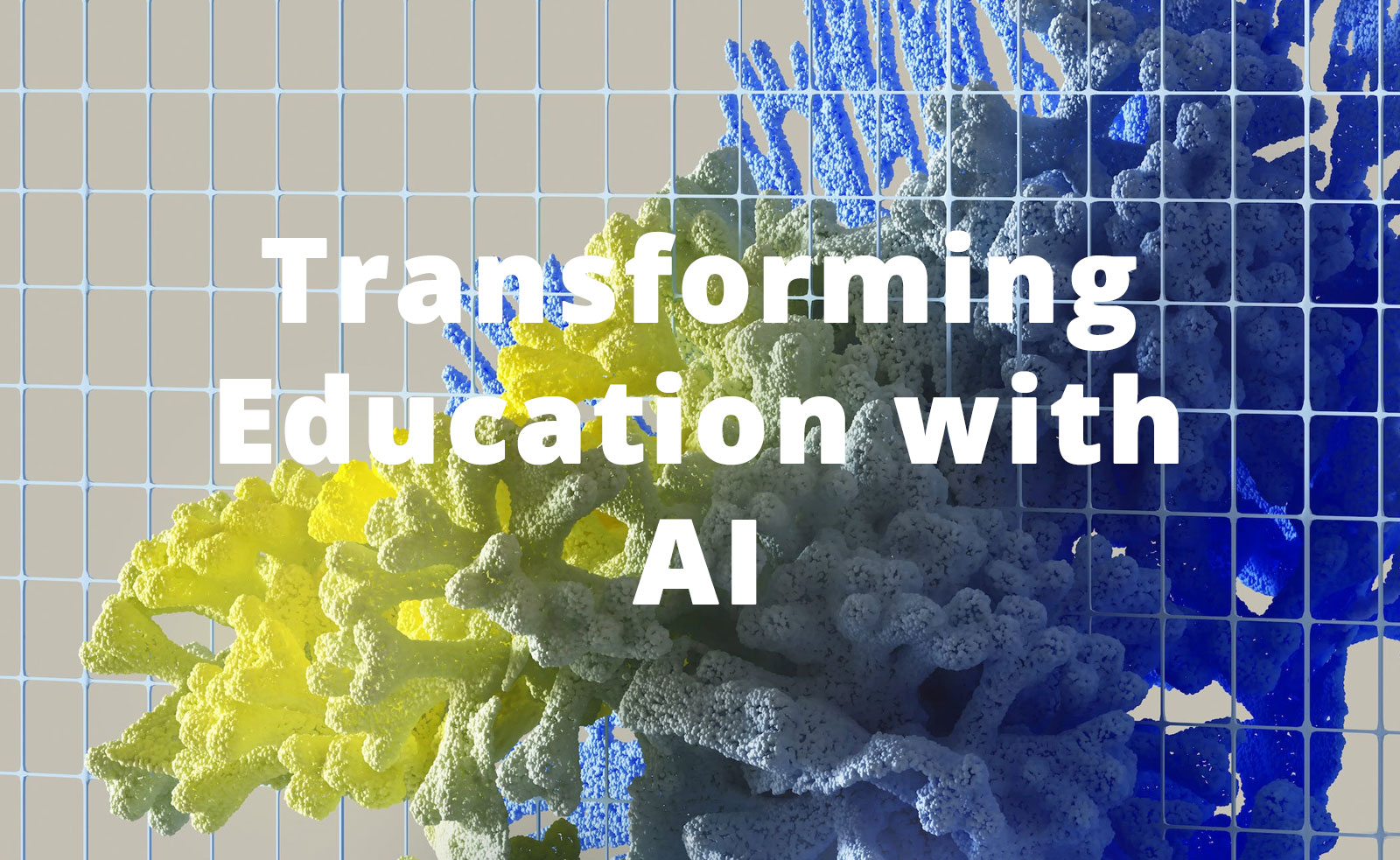Revolutionary Impact of AI in Education

The Revolutionary Impact of AI in Education
In today’s digital age, AI revolutionizes education through personalized learning, data-driven decision-making, accessibility, automated administrative tasks, and lifelong learning opportunities.
AI adapts content to individual needs, provides instant feedback, processes educational data for informed decisions, enhances accessibility for diverse learners, streamlines administrative tasks, and facilitates continuous learning globally.
This transformation makes education more personalized, data-driven, accessible, and efficient, creating a globally connected and empowering educational ecosystem.
Key areas of transformative impact:
- Personalized Learning: AI analyzes students’ performance, tailoring content to individual needs for a personalized learning experience. This approach allows students to learn at their own pace, focusing on strengths and weaknesses, leading to improved comprehension and retention. AI-powered chatbots and virtual tutors provide instant feedback, fostering a supportive learning environment.
- Data-Driven Decision-Making: AI processes vast educational data in real time, offering valuable insights for educators and administrators. Identifying trends and patterns aids in making data-driven decisions to enhance curriculum design, resource allocation, and student support services. Predictive analytics can identify at-risk students, enabling early intervention.
- Accessibility and Inclusivity: AI-powered solutions enhance accessibility through automatic transcription and translation services, making educational content accessible to students with disabilities or different languages. AI adapts materials to individual learning styles, promoting inclusivity.
- Automating Administrative Tasks: AI streamlines administrative tasks like grading assignments and managing schedules. This allows educators to focus more on instruction and student support, saving time and reducing errors, ultimately improving the overall quality of education.
- Lifelong Learning: AI-based online courses and platforms facilitate lifelong learning, enabling individuals to upskill and reskill throughout their careers. These platforms offer relevant course recommendations based on career goals and skill gaps, promoting continuous learning.
- Global Learning Communities: AI-driven collaboration tools and online forums connect learners and educators globally, enabling engagement with peers from different countries. This globalized learning experience broadens horizons and prepares students for the globalized workforce.

